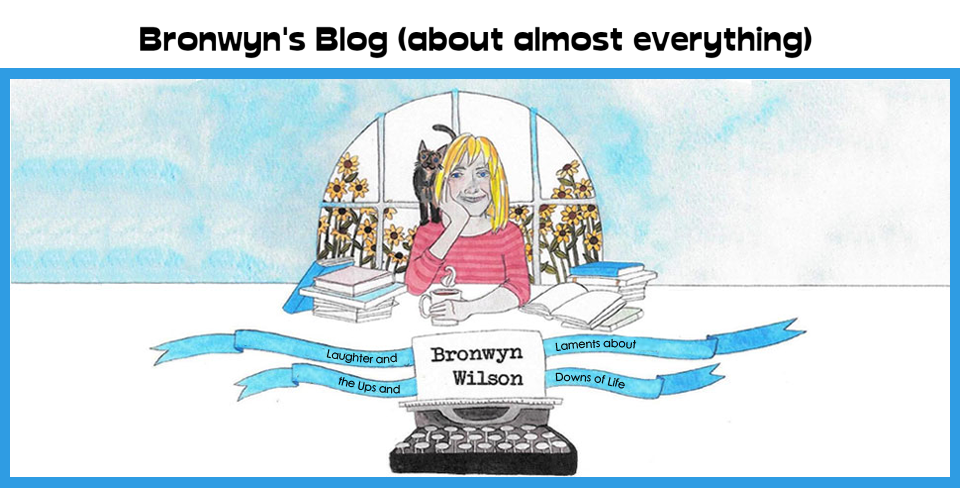A few days ago, I learned the sad truth. Facebook harms your sense of well-being and the well-being of others.
According to a research-based study at the University of Pennsylvania, Facebook (in addition to Snapchat and Instagram) increases depression and loneliness. Psychologist Melissa G. Hunt who published her research findings in the Journal of Social and Clinical Psychology suggests users reduce their time spent on social media. “When you look at other people’s lives, particularly on Instagram, it’s easy to conclude that everyone else’s life is cooler or better than yours,” she says.
She has a point. No one posts photos of the unpleasant, boring, miserable events of their lives. No one announces with happy grin and toilet brush, “I’m cleaning the bathroom now.” I haven’t yet come across a post stating, “Here’s a picture of me slouched on the couch, in my pajamas, doing nothing.”
Instead, we see vacation photos of our friend’s river cruise on the Rhine. The Facebook post shows our friend lounging on the ship’s deck, feet up, drink in hand, all smiles while gazing at majestic castles on the riverbank. You, on the other hand, remain at home getting ready to clean the cat’s litter box. According to the research study, social comparison takes over and you begin to feel depressed. Your friend enjoys a European adventure while you need to drive to the store to buy more Tidy Cat.
It’s not that social comparison is a new concept. It has been around for a long time. As a child, I often heard the phrase “keeping up with the Joneses” (not the Kardashians). I had no idea who the Joneses were, but it seemed everyone wanted to have whatever they had.
Back then, I only wanted to keep up with Winifred. She had a color TV. My family, and everyone else in our neighborhood, had a black and white TV. Winifred, the red-haired girl who lived down the street, bragged she watched Bonanza in color. She viewed the Ponderosa all aglow in green fir trees and glistening blue sky. Oh! Oh! If only I, too, could see the Ponderosa in color—my life would be complete.




